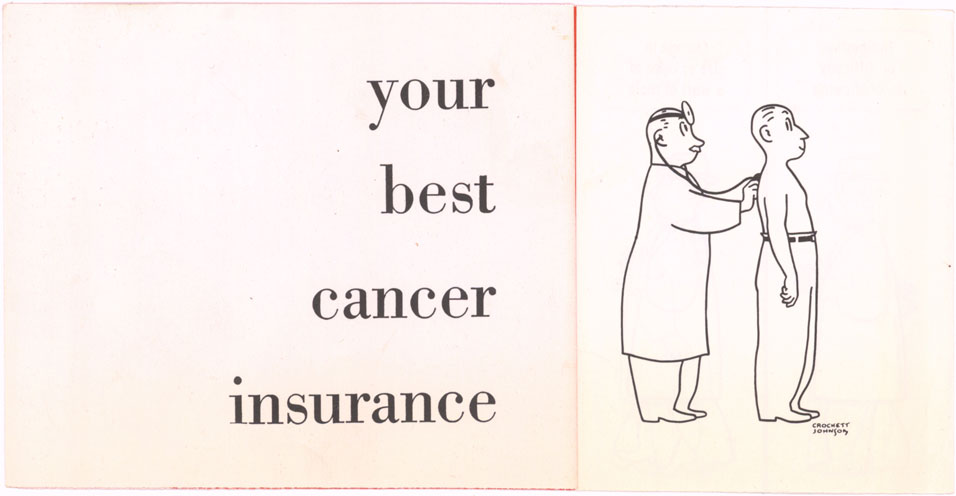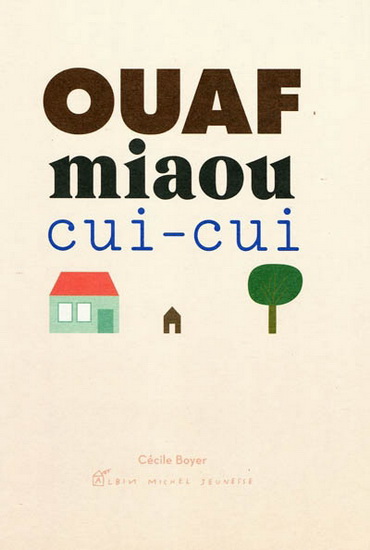Tenure Isn’t the Point
In the Chronicle of Higher Education this past Tuesday, Professor Kathryn D. Blanchard reports “wallowing in ‘post-tenure depression,’” a phenomenon she discovers is more common than one might think. What, she asks, “can account for the feelings of despair and apathy that follow this milestone, the pursuit of which causes us to invest not merely



